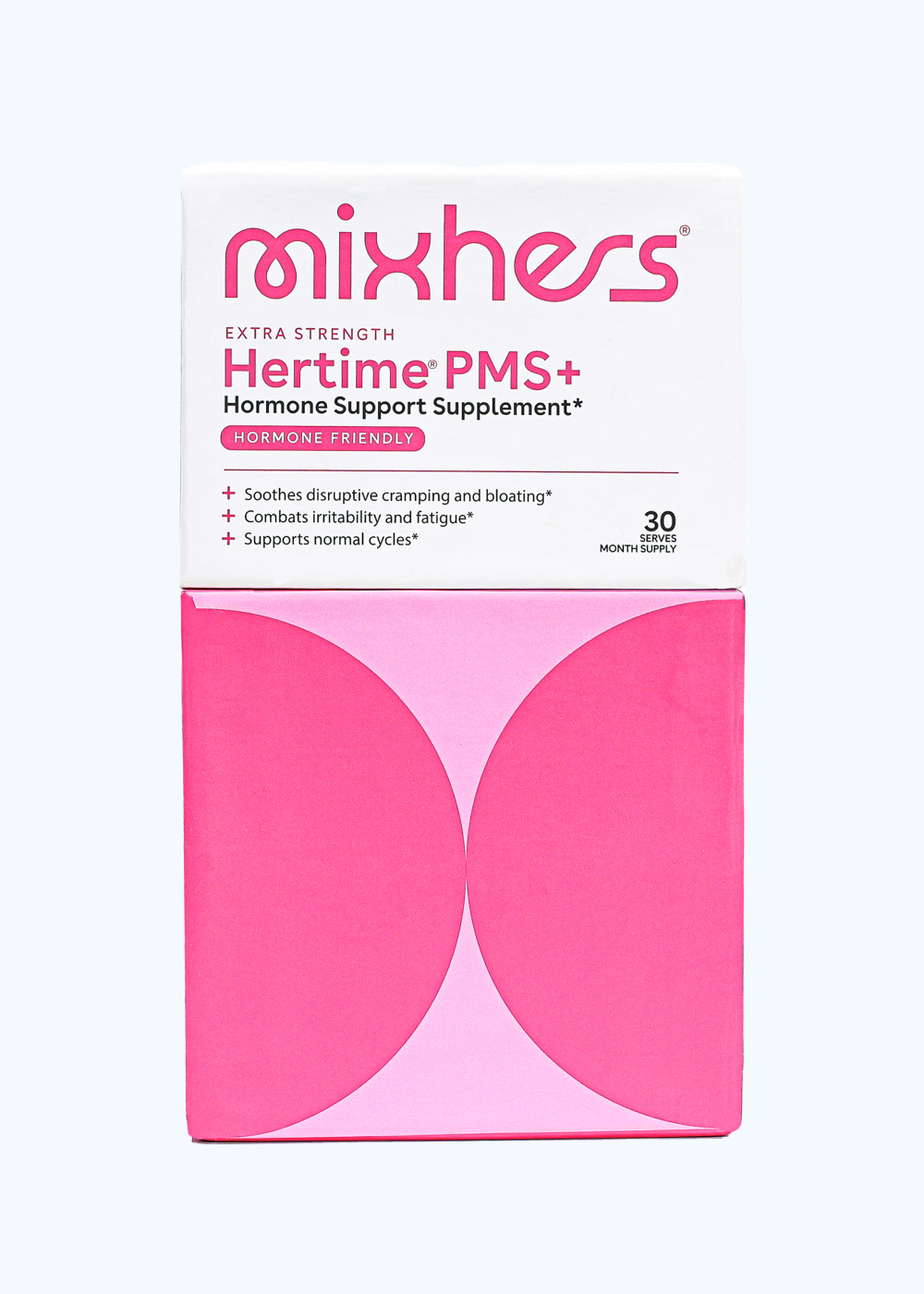In everyone’s busy lives, a good night's sleep can feel like a luxury. But it's not just the quantity of sleep that matters, it's the quality as well. One of the most critical phases of sleep for your overall well-being is Rapid Eye Movement (REM) sleep. This is the stage that dreams occur, and it plays a vital role in memory consolidation, emotional regulation, and cognitive function.
Unfortunately, many of us are not getting enough REM sleep, which can lead to a lot of health issues.
In this article, we’ll delve into the world of REM sleep and explain 10 all-natural remedies that will help you to get more REM sleep:
- Maintain a consistent sleep schedule
- Create a relaxing bedtime routine
- Limit screen time for at least 1 hour before bed
- Optimize your sleep environment to be dark, quiet, and cool
- Watch your diet and avoid caffeine, nicotine, and alcohol before bed
- Stay active regularly but not right before bedtime
- Manage your stress and anxiety
- Try natural sleep supplements
- Maintain a comfortable sleep temperature throughout the night
- Practice lucid dreaming techniques
Whether you're struggling with frequent wake ups in the night, sleep disorders, or simply want to enhance your sleep quality, we've got you covered. Keep reading and we’ll dive into each of the 10 above tips to help you get more REM sleep naturally and wake up feeling refreshed and rejuvenated.













